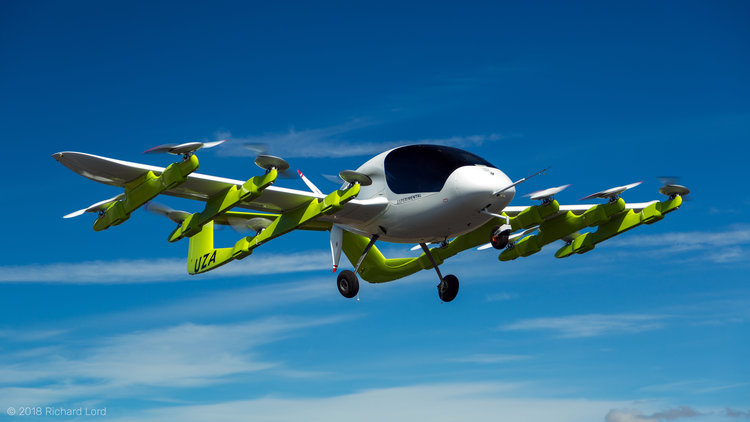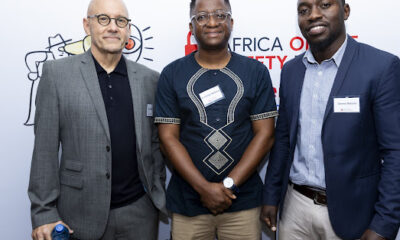Meta Platforms Inc., formerly known as Facebook, has witnessed an extraordinary rally that has propelled its market value by $1 trillion.
The tech giant’s record-breaking surge, fueled by strategic investments in artificial intelligence (AI), underscores its resilience and adaptability in navigating the ever-evolving digital landscape.
Since its darkest days in 2022, Meta’s shares have undergone a remarkable transformation, soaring to new heights and shattering records along the way.
Despite its monumental growth, some perspectives suggest that Meta is still trading at a discount with its shares valued at 24 times estimated earnings early Wednesday, closely aligned with its 10-year average and just below the Nasdaq 100’s multiple of 25 times.
Among its peers in the Magnificent Seven group of big tech companies, only Alphabet Inc. boasts a lower multiple, standing at approximately 21 times.
AI emerges as the primary catalyst behind Meta’s astonishing rally, driving gains and serving as a harbinger of future growth prospects.
Meta’s substantial investments in AI have revolutionized ad targeting and content recommendation algorithms, enhancing user engagement and advertiser relevance.
The strategic bet on AI has paid off handsomely, with profits tripling in Meta’s most recent quarterly report, accompanied by a surge in revenue growth. Such robust earnings prompted Meta to announce a $50 billion buyback program and implement a dividend, further solidifying investor confidence in the company’s trajectory.
Conrad van Tienhoven, a portfolio manager at Riverpark Capital, lauds Meta’s strategic focus on AI, stating, “Outside of chip or hardware companies like Nvidia or Dell, no company has benefited more from AI than Meta, just in terms of the impact on growth.”
Meta’s unparalleled surge, exceeding 450% from its nadir almost 18 months ago, positions it as a standout performer among its peers. This year alone, Meta’s shares have surged by approximately 46%, trailing only chipmaker Nvidia Corp. within the Magnificent Seven cohort.
The recent selloff that preceded Meta’s current rebound underscored investor concerns over its spending on the metaverse initiative. However, Meta’s proactive measures, including a concerted focus on cost efficiency and innovation, have restored market confidence.
Rick Bensignor, chief executive officer of Bensignor Investment Strategies, affirms Meta’s trajectory, stating, “Meta has figured out how to get rid of unnecessary spending, which has been a real balance sheet plus, and it continues to innovate.”
As Meta prepares to unveil its first-quarter earnings results on April 24, investors eagerly anticipate updates on key metrics such as ad revenue growth and the efficacy of AI solutions.


 Forex2 weeks ago
Forex2 weeks ago
 Naira4 weeks ago
Naira4 weeks ago


 Naira1 week ago
Naira1 week ago
 Company News4 weeks ago
Company News4 weeks ago




 Naira1 week ago
Naira1 week ago




 Naira3 weeks ago
Naira3 weeks ago
 Billionaire Watch6 days ago
Billionaire Watch6 days ago




 Naira5 days ago
Naira5 days ago















